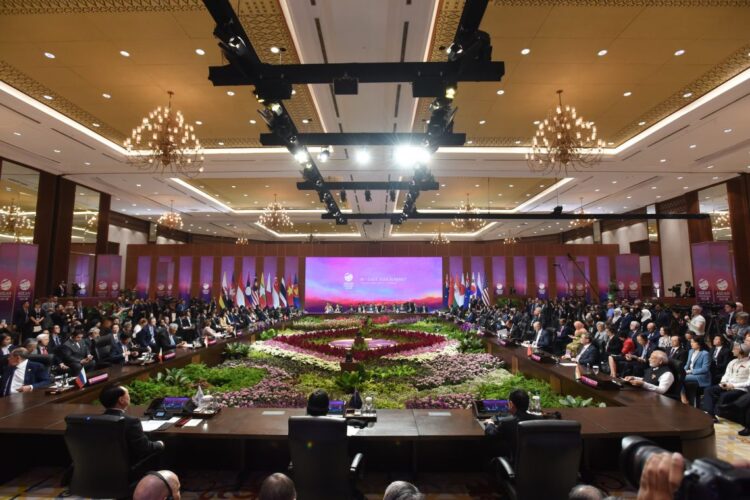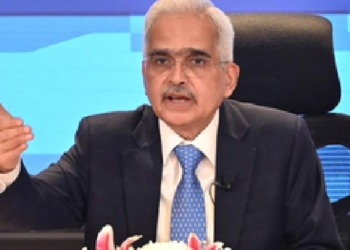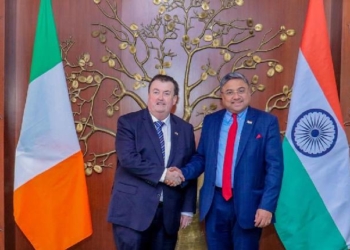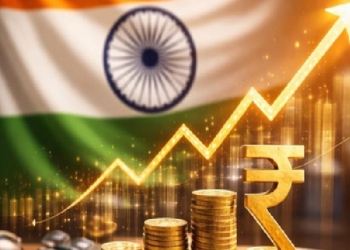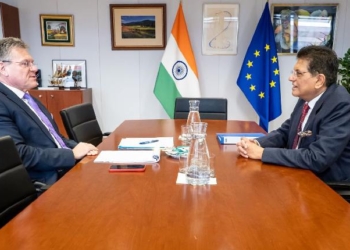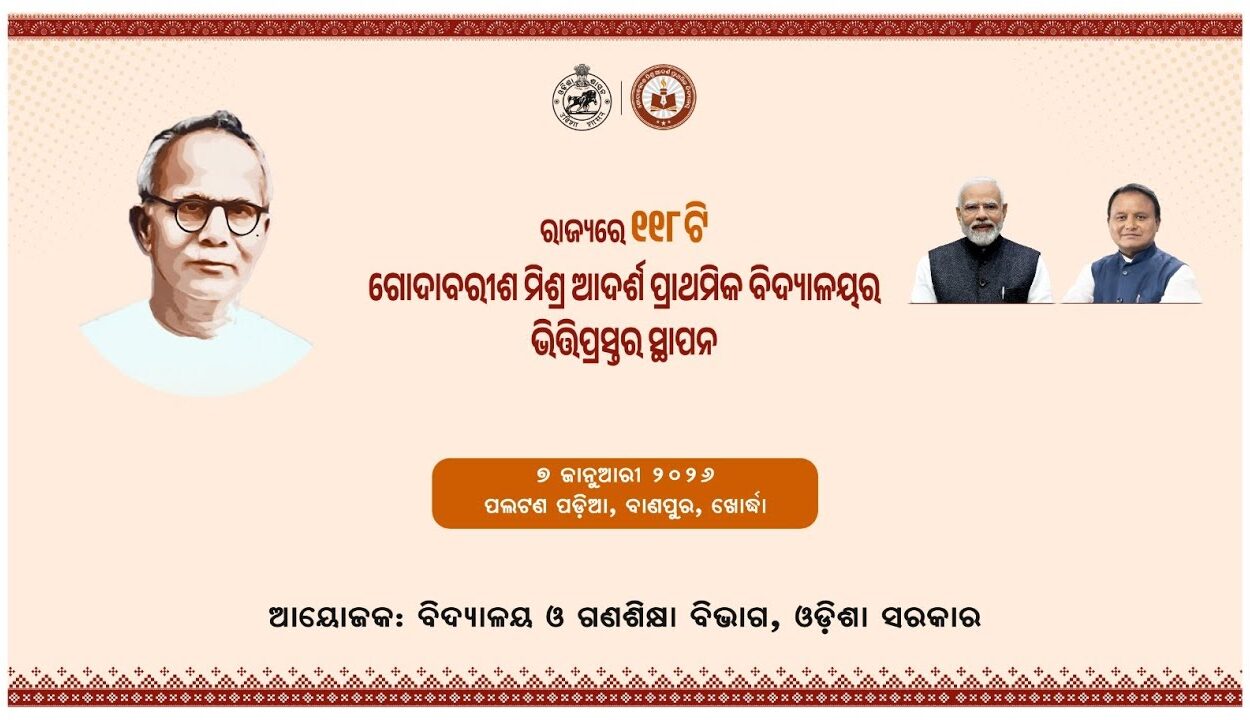New Delhi: The ASEAN-India leaders on Thursday expressed their commitment towards maintaining and supporting ASEAN as the epicentrum of global growth and to increase concerted efforts between ASEAN and India in sustaining supply in the food trade supply chain despite disruptions.
The ASEAN leaders, aiming to strengthen food security and nutrition in response to crises, decided to exchange information on national policy frameworks particularly for rice and other priority crop commodities as well as agricultural diversity to enhance food security and nutrition, a joint statement said.
The joint statement was issued after the ASEAN-India summit, which took place in Jakarta with Prime Minister Narendra Modi attending it.
The grouping also acknowledged nutritional richness, climate resilience, health benefits and ecological sustainability of millets, considering that millets are good for the consumer, cultivator and climate; and supported efforts to mainstream the cultivation and harvesting of millets for ensuring global food security, promoting biodiversity and transforming agri-food system.
It also decided to support ASEAN-India preparedness for long-term resilience and sustainability of agri-food system, including by strengthening local and regional food value chains.
The leaders also committed to encourage financing climate-friendly technologies, in partnership with Multilateral Development Banks and development finance institutions on ASEAN-India mutually agreed terms, and adopting a climate-smart approach based on agricultural system models for sustainable agricultural production.
It has also decided to collaborate on rapid actions to strengthen food security and nutrition in response to crises, including by ensuring unimpeded trade and flow of foodstuffs and other essential agricultural inputs, including the supply of fertilisers, pesticides, and their raw materials as well as enhancing market connectivity and distribution networks for agriculture and food products.
Most significantly, the grouping has also decided to promote efforts for public food stockholding, wherever relevant, for food security programmes and explore exports of food grains from public stocks on a government-to-government basis for humanitarian purposes in times of crises.
(IANS)




